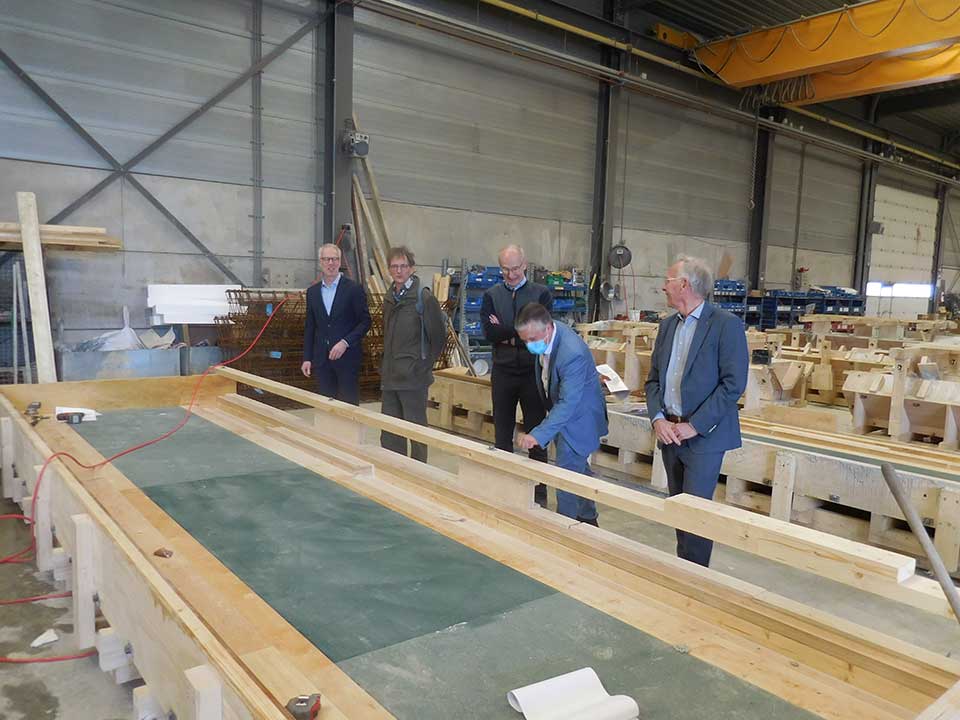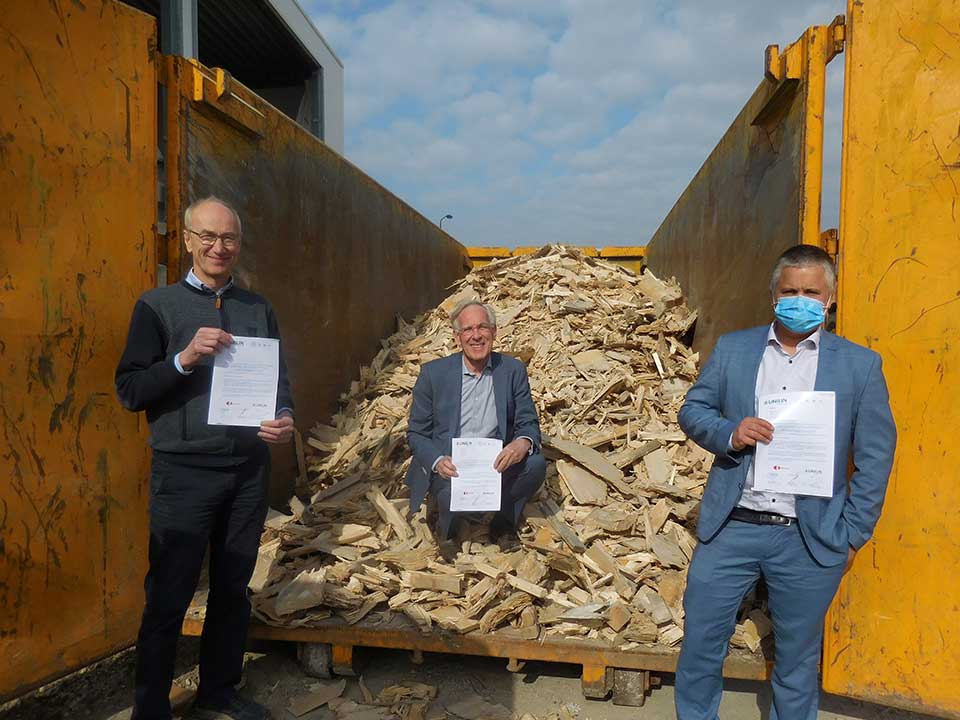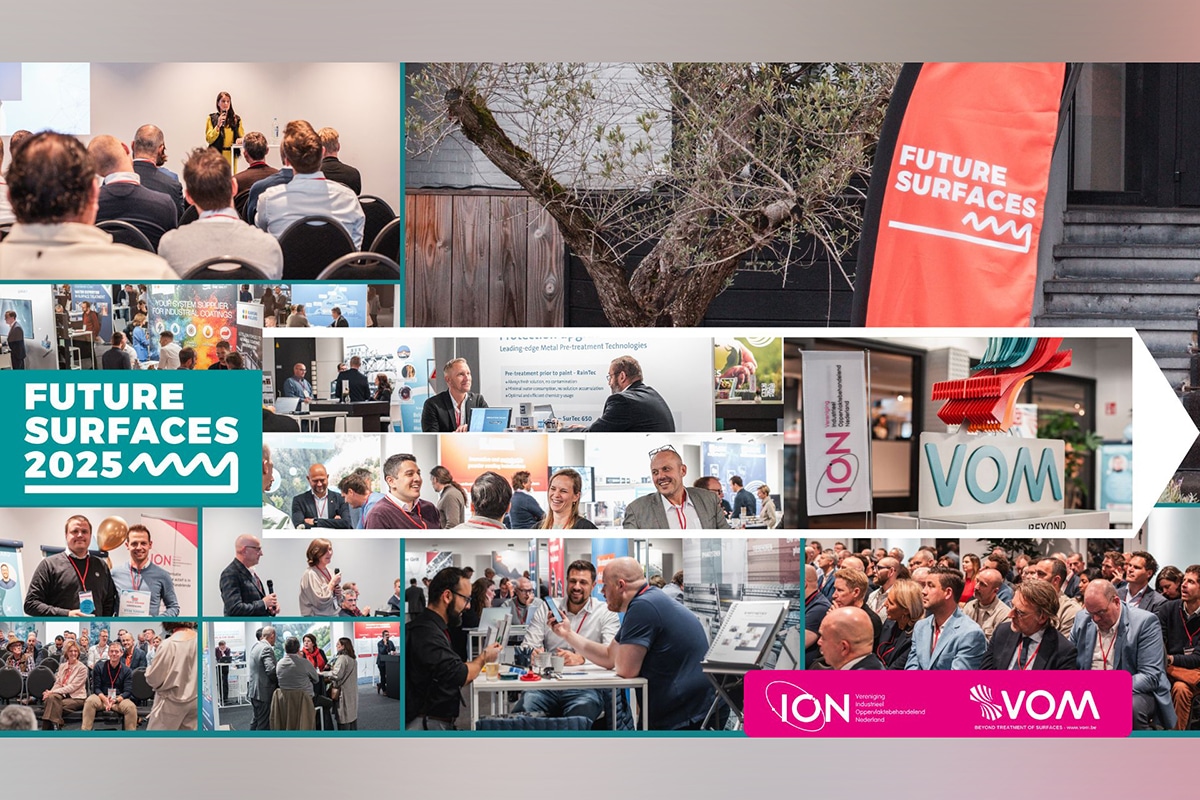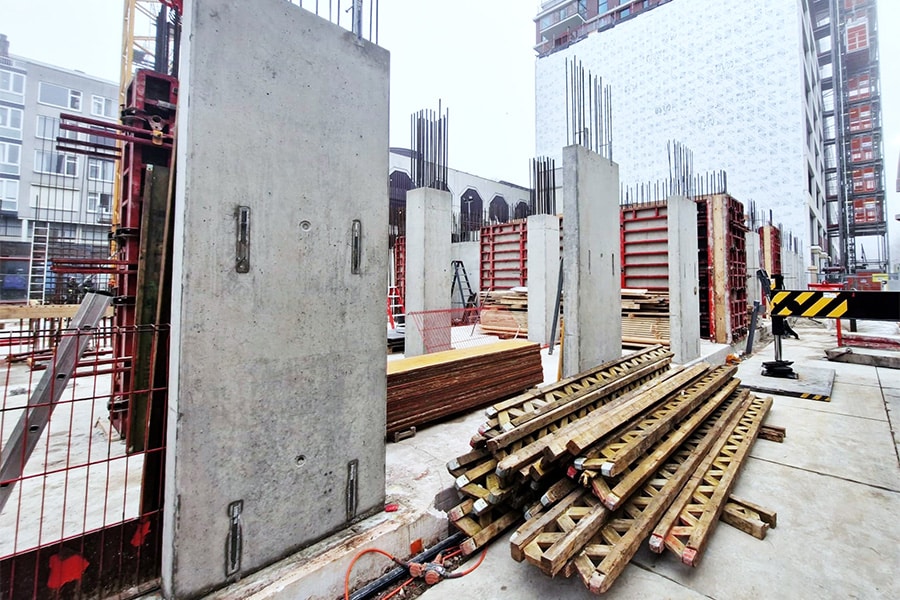
Second life for used wood from precast concrete industry
The precast concrete producers, united in BPN (Beton Producenten Nederland), have found a circular solution for their used wooden formwork moulds. These can now be offered to Unilin, which processes the wood into new chipboards at its Belgian plant. Concrete producers can deliver the wooden shuttering to various Unilin hubs in the Netherlands, so that transport to Belgium is also efficient and environmentally friendly. BPN is a member of Betonhuis.

Project leader Paul de Vries: "Wooden molds are often custom-made for specific concrete elements. Until now, the used wooden molds were usually hoarded in the bag field in the hope that they would one day come in handy when the same elements were requested. Over time, however, they were disposed of at environmental centres and waste processors. You then didn't know what happened to this wood. Often the waste incinerator was the final destination - whether or not including energy generation - but that no longer fits with the social movement toward more sustainability and circularity. Hence our search for a higher-quality solution. Unilin now provides a new life for this wood."

Circular economy
"Unilin has been a pioneer in circular economy for decades," emphasizes Kristof Van Hoye, category manager circular economy and waste at Unilin Panels. "Today, at our modern plant in Wielsbeke, we recycle approximately one million tons of wood per year into particleboard that is made from residual streams for 90%. Until recently, we obtained our raw materials from the timber industry, from scrap yards and from container parks, among other sources. Today we are now largely closing the circle ourselves, by also collecting recycled wood from our customers. The cooperation with BPN also allows us to give wood from the concrete industry a second life through our sustainable and stylish panel products. The wood is collected, cleaned and processed into particle boards that BPN members can reuse."
Waste becomes raw material
Jan de Koning, chairman BPN and director of De Jong Beton: "At first we saw the wooden formworks as waste, for which we had to pay more and more over the years to get rid of this waste. We are enthusiastic about this agreement for two reasons: first, the formworks are now no longer waste but raw materials, which fits completely within the social circular task; second, we can reduce our waste costs. It cuts both ways.
So I see a lot of enthusiasm from fellow concrete producers who manufacture a lot of specialty concrete elements using custom wooden formworks. For our company, recycling wooden molds saves about 3% on our carbon footprint and provides about 100 tons of CO2-reduction. Manufacturers receive a certificate from Unilin, important in all environmental calculations. After the pilot phase, in which we had 12 tons of residual wood transported by truck, we shred the wood waste first on our premises together with transporter Gebr. Van Eijck. This allows us to transport over 18 tons per truck; that saves in the number of transport movements."
Circle of precast concrete
According to Ton Pielkenrood, sector secretary BPN, this new circular approach fits into the sustainability ambition of the association and members. "The advantage of prefabrication is that you already use raw materials efficiently and reduce waste during production and the construction process. Prefab is a clean, efficient way of building, where we are moving toward modular building concepts where elements are reused in their original form after decades. In production, we apply secondary raw materials and CO2-poor binders in our concrete products, where this is technically and constructively sensible. This agreement with Unilin to recycle our wooden formwork is another step in closing the precast concrete loop."




